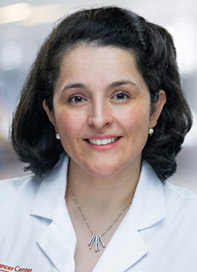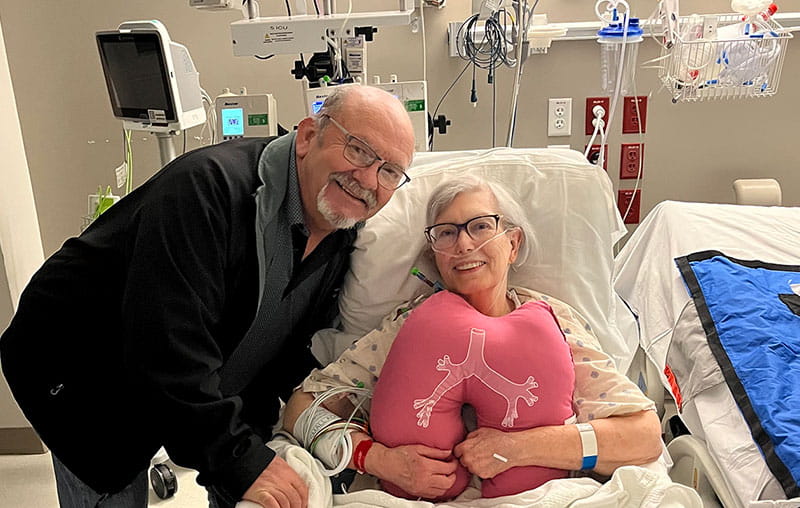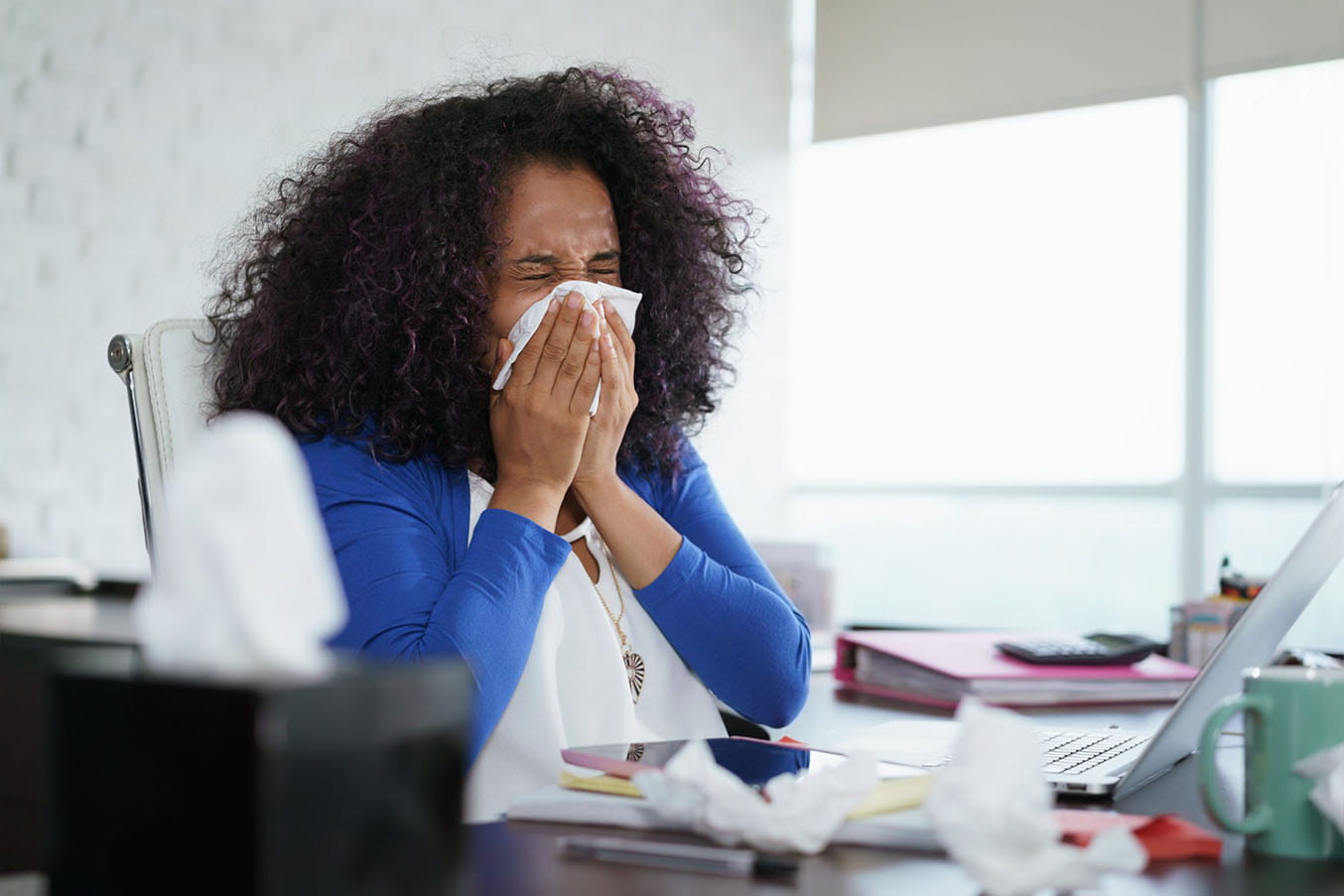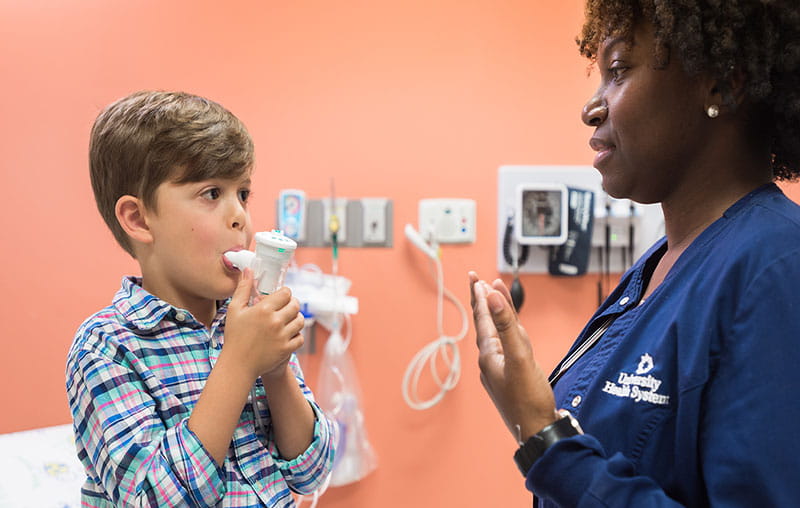Dr. Josephine Taverna, a hematology and oncology specialist at University Health, explains the best way to prevent lung cancer is to get screened more often.
Cigarettes and Lung Cancer
The Centers for Disease Control and Prevention says in the U.S. cigarette smoking is linked to about 80-90% of all lung cancer deaths. With tobacco smoke containing a toxic mix of more than 7,000 chemicals, with at least 70 known to cause cancer, people who smoke cigarettes are 15 to 30 times more likely to get lung cancer than non-smokers. Learn about smoking cessation at University Health.
“Sometimes it just takes a particular mutation to occur, and so you’re putting yourself at risk when you smoke because the lung tissue changes,” Dr. Taverna said.
Symptoms of Lung Cancer
- A cough that gets worse or doesn’t go away
- Chest pain
- Shortness of breath and wheezing
- Coughing up blood
- Sudden weight loss and lack of energy
“Let’s say they were diagnosed with an ammonia or COVID-related infection and they saw a nodule on their CT scan,” Dr. Taverna said. “It’s important to follow up with a primary care doctor or a lung specialist (pulmonologist) to make sure those lung nodules are evaluated closely over time.”
Young People Are at Risk, Too
Young people are susceptible to cancer too, but sometimes they wait too long to get screened. “The issue is a lot of younger patients come to get screened later, and because they’re so physically fit and active, the cancer has an opportunity to spread without them noticing,” Dr. Taverna said.
Dr. Taverna also says e-cigarettes and vaping are not safe alternatives and that anything you inhale could have some type of carcinogen.
Pulmonology at University Health
Find high quality lung care at University Health in San Antonio. Our pulmonologists provide comprehensive testing, diagnostics and treatment for a wide range of lung conditions.





